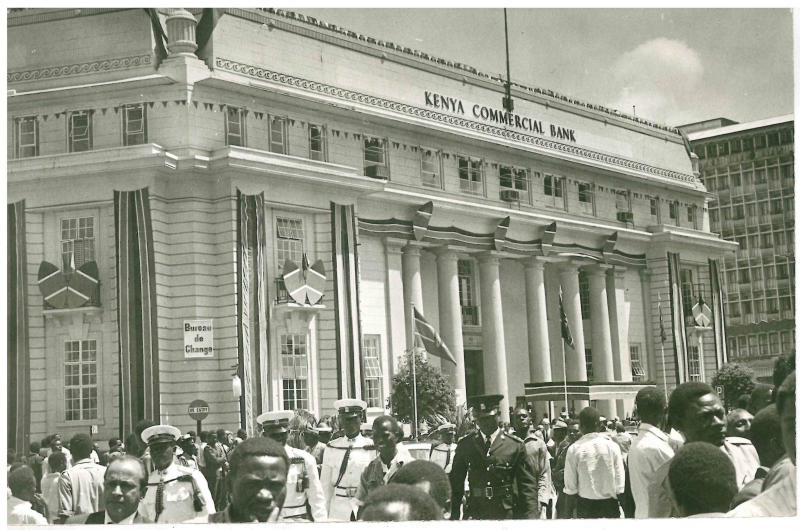×
The Standard e-Paper
Join Thousands Daily

Some sages claim walls have ears. But what if they could speak all that they had seen and heard? Well, there are some walls right in the centre of the city which have for the last 82 years banked the people’s money as well as memories.
When Uganda Railway reached Nairobi in 1899, the colonial administration donated a piece of land to the Indian coolies to establish a bank, where they could keep their rupees. After all, not all coolies who had been recruited from India to build the railway were keen to go back home.